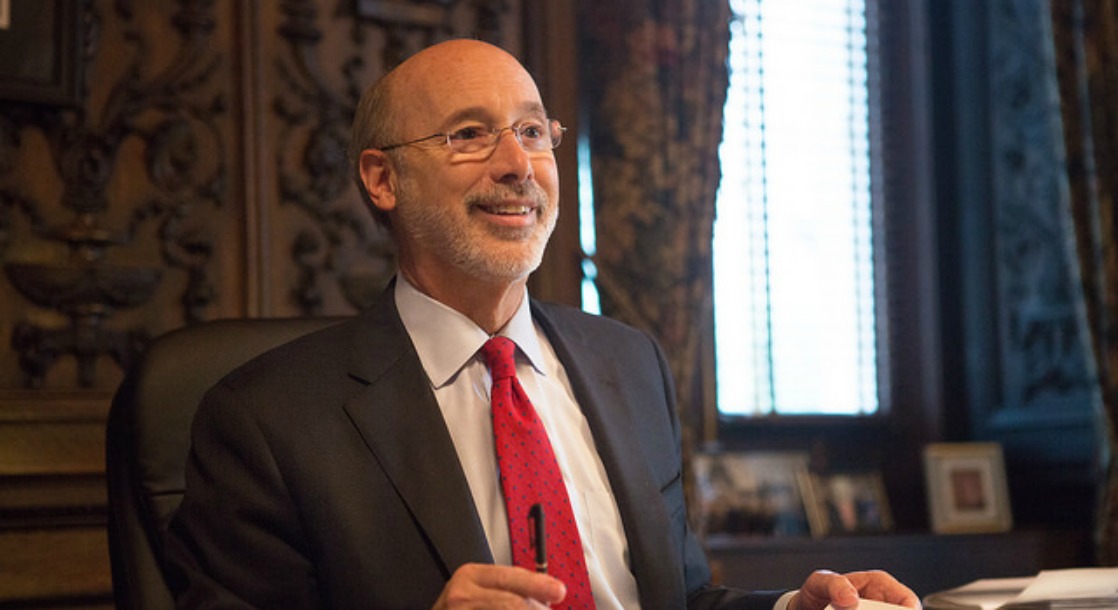Pennsylvanians are gearing up for their first crack at medical marijuana. But as licenses go through and permits get awarded, the Keystone State’s limited program won’t start serving patients until early 2018. In the meantime, Pennsylvania’s auditor general spoke out about how regulating and taxing recreational marijuana could help alleviate the state’s $3 billion budget deficit.
It would be a big jump, from pre-medical to full recreational legalization, but auditor Eugene Depasquale estimated that recreational sales could bring in $200 million a year to the financially-crippled state. In a swift response, Pennsylvania governor Tom Wolf spoke out against Depasquale’s plans, saying that possible cannabis taxes wouldn’t make a significant difference in the budget.
“I saw the report. I haven’t talked to the auditor general. And I think he’s trying to be helpful in terms of the budget deficit,” Wolf told a local Pittsburgh CBS News channel. “His calculation I think had it about $200 million. We have a $3 billion dollar deficit, so that’s not going to help.”
Wolf approved the medical marijuana law last year and has said publicly that he supports decriminalizing possession of small amounts of marijuana, but as far as full fledged recreational legalization, Wolf is not yet convinced.
“I think Pennsylvania would do right to see what happens in Colorado, Oregon, Washington, some of the other states,” Wolf said, “because they all have different approaches to this.”
And while the legal weed havens Wolf mentioned do all have different laws concerning cannabis, they also all have successful programs that allow businesses to thrive and local and state governments to collect hefty piles of tax revenues.
Only time will tell if Pennsylvania residents can get legislation to legalize on the ballot and pass it themselves, but for now, it appears that the state’s limited medical program will have to suffice, and their budget woes will only drag on.











